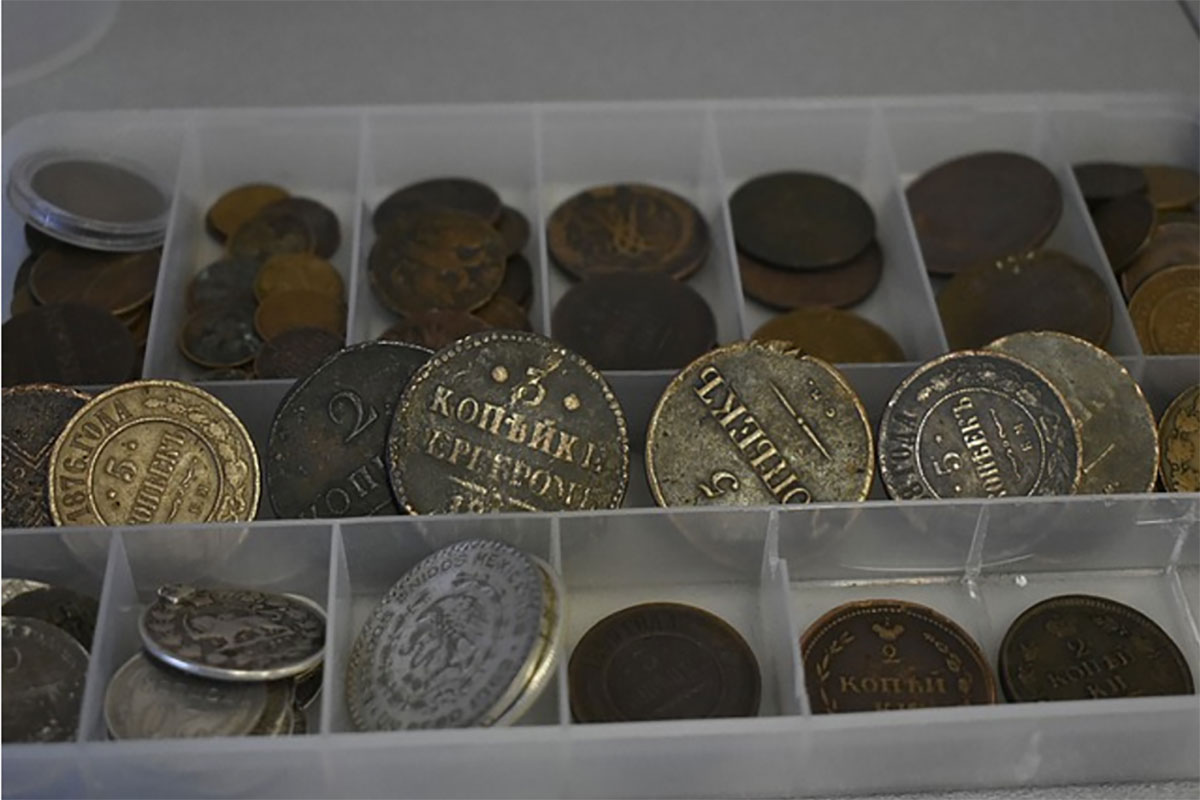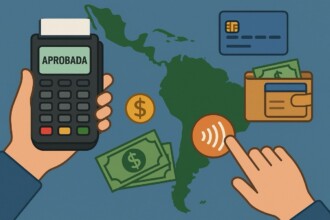Coin collecting is a fun hobby anyone can engage in, with data showing that 38% of American adults have experience doing it, whether currently or in the past. Unlike other hobbies, this one can make you some good money, especially when selling rare coins. Coin collecting can be satisfying, particularly when you find the rare coins you’ve been searching for a while.

Building a coin collection while learning about each coin’s origin can help take your mind off daily stresses, which can be very relaxing. Venturing into this hobby can be challenging, mainly without proper guidance. Outlined below is a beginner’s guide to coin collecting.
1. Conduct coin-collecting research
Coin-collecting research before getting started with the hobby/ venture is very crucial. Without research, you’ll have difficulties identifying and ascertaining the worth of the coins you intend to collect. Begin your research by identifying valuable coins to collect. Upon finding the coins to invest in, gather more information about them, including:
- Where the coin was minted, and when
- The coin’s face value
- Any mint mark on the coin
- If more than one design was used that year. If yes, which ones
Research will also help you understand how coins are graded and the coin grading scale.
Once you’ve got an idea of what types of coins you’d like to collect, you can add unique and high-value coins to your collection by ordering from a bank or other reliable providers, such as the Oxford Gold Group.
2. Consider coin roll hunting
Coin roll hunting involves looking through coin rolls in search of valuable coins. Some of the coins to look for include:
- Junk silver coins: They include American coins with significant silver percentages, such as quarters, half-dollars, and dimes minted prior to 1965, which will be 90% silver.
- Error coins: Keep a list handy to help you identify the most valuable error coins and misprints.
- Pennies: Older pennies like wheat cents and head cents are valued for their numismatic value and copper content.
- Commemorative coins: These are the ones you add to your personal coin collection.
When rolling coins, most people don’t take the time to check each coin that they add to the wrapper. While this approach is more time-consuming, the opportunities for finding high-value coins are also much greater.
3. Understand the factors that affect your coin collection’s value
As a beginner in the coin-collecting world, it’s vital to understand how values are assigned to collectible coins because it enables you to make informed decisions during coin collection. Several factors influence coin values, including:
- Mintage number: A coin can have a low or high mintage number. Every mint generates a varying number of coins yearly, which makes some mint marks and years rarer and more valuable than others. Other mint marks may have some historical significance attached to them, making them more desirable
- Demand: If people are more interested in a particular coin, it’ll have a higher value than others
- Coin’s condition: If a coin has been in circulation longer, its design will weather more wear, which equates to low value
4. Learn how to care for and store your coin collection
Proper coin care and storage help retain your collection’s look and value. Hold the coins by the edges between your forefinger and thumb over a soft surface or towel when handling them. Put on soft cotton gloves to safeguard a coin’s surface from your skin’s natural oils and fingerprints, which can be corrosive.
Don’t clean or polish your coins to ensure they don’t lose value. Keep your coins in a cool, dry place because sharp moisture and temperature changes lead to discoloration, devaluing them. You can get a safe deposit box from your local bank for safekeeping.
Endnote
Coin collecting can be a fun hobby that can also earn you money. Consider following this beginner’s guide to coin collecting when starting.









